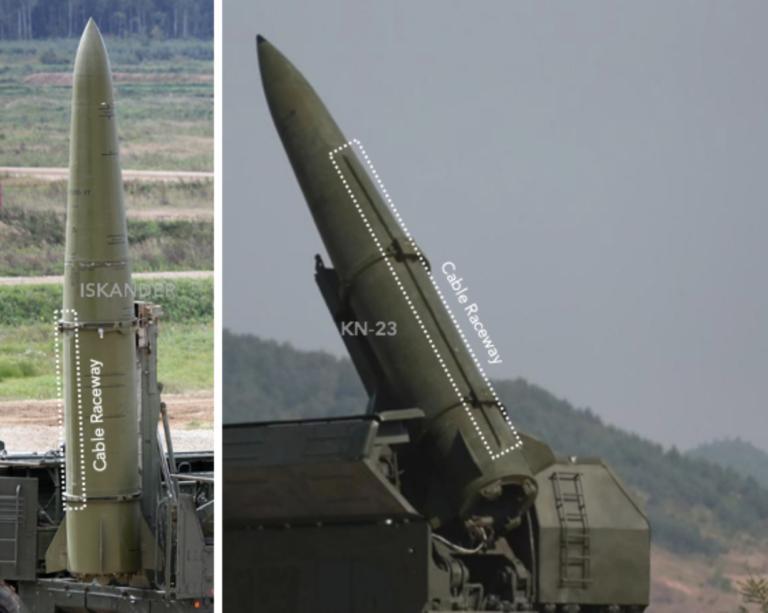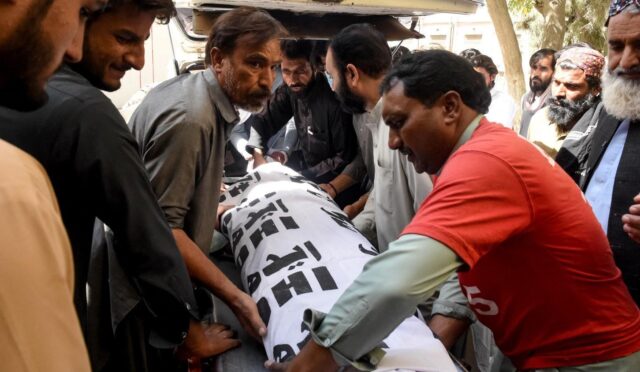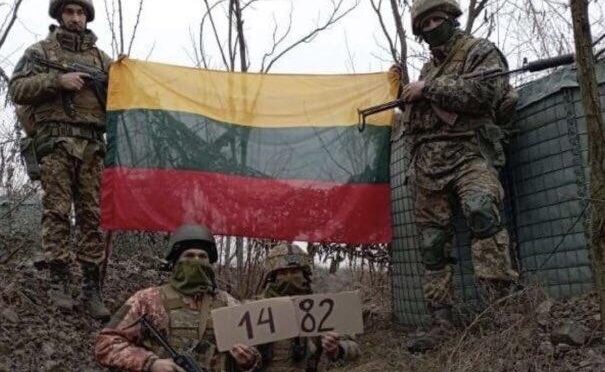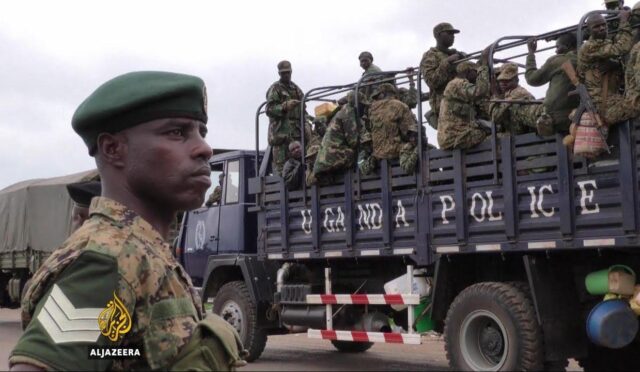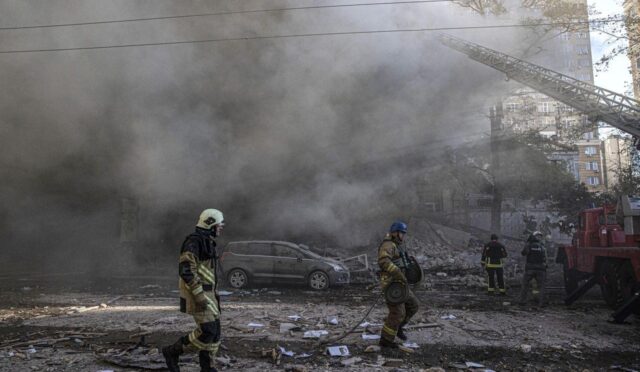KN-23 Missile Accuracy: Russia’s Strategic Enhancements
Russia has reportedly made significant strides in enhancing the accuracy of the KN-23 missiles provided by North Korea, according to statements from Ukraine’s intelligence chief. Lieutenant General Kyrylo Budanov, who leads Ukraine’s Main Directorate of Intelligence, shared insights with South Korean media outlet The Chosun. He noted that the missile system was initially seen as a minimal threat to Ukrainian forces, largely due to its ‘very low’ accuracy rates.
Budanov elaborated that the early iterations of the KN-23 missiles delivered to Moscow had an alarming error margin that could reach up to 1,500 meters (approximately 4,921 feet). However, he emphasized that Russian engineers have succeeded in implementing substantial technical improvements, thereby significantly enhancing the missile’s precision. This upgrade has transformed the KN-23 into a far more formidable threat, particularly to nations such as South Korea and Japan.
Military Collaboration Between Russia and North Korea
The bolstering defense collaboration between Russia and North Korea is framed within a mutual defense treaty established in mid-2024. This agreement obligates both countries to provide military support in the event of an attack on either nation. Recent reports reveal that North Korea has dispatched over 11,000 troops to aid Russian forces on the ground in Ukraine, in addition to supplying vast amounts of weaponry and military equipment.
Budanov raised alarms about the unprecedented level of cooperation between the two nations, describing it as currently at its ‘highest level.’ This partnership poses a significant threat to the global community, he warned. He further indicated that North Korea’s military backing is not just a show of support; it is also providing the regime with essential combat experience that could be crucial if a full-scale conflict erupts in the Indo-Pacific region.
Implications for Regional Security
Discussing the implications of this collaboration, Budanov pointed out the enhancements in the combat effectiveness of North Korean forces. He remarked that the improvements are evident not only in traditional weaponry, such as tanks, but also in the deployment of advanced systems, including drones. This evolution suggests a significant shift in the operational capabilities of the North Korean military.
Budanov cautioned that the future iterations of the North Korean army will be markedly different from the forces of the past. The ongoing conflict in Ukraine serves as a testing ground for North Korean troops, offering them invaluable practical experience that could reshape their military strategies and capabilities moving forward.
